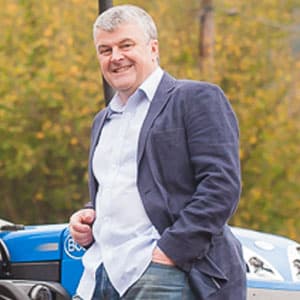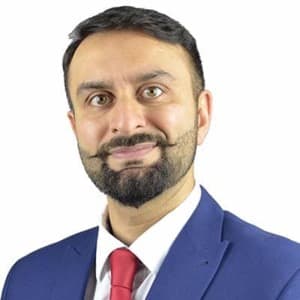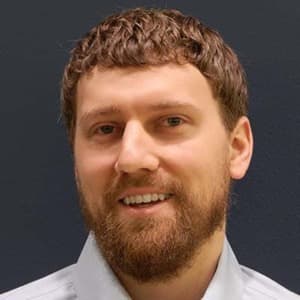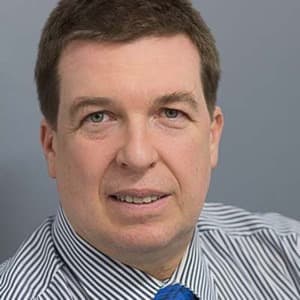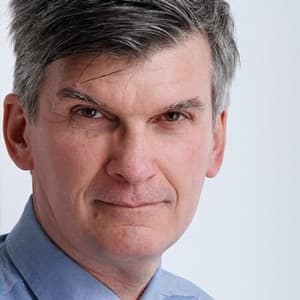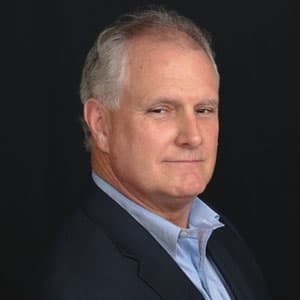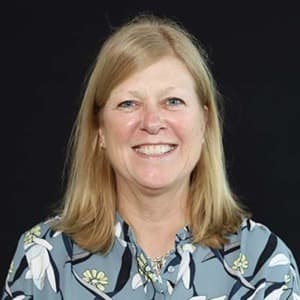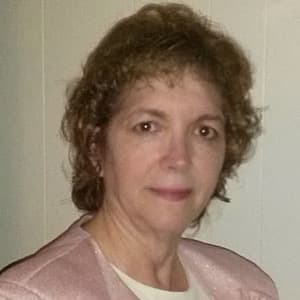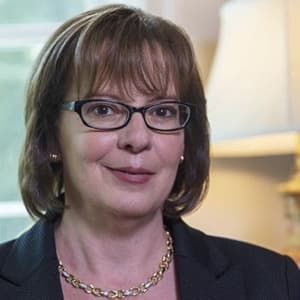The Blog
BBC Interview Series: Ian Mitchell at Ability Engineering
BBC 2017 Speaker Series – Practitioner: Ian Mitchell, CTO at Ability Engineering
In anticipation of his presentation at Building Business Capability in Orlando, Nov. 6-10, 2017, we asked Ian Mitchell, CTO at Ability Engineering, a few questions about transforming the business. Check out this interview in relation to his BBC presentation entitled, The BA as Knowledge Curator
Q: In what ways do you see your group helping your organization handle business transformation?
A: This talk will pull together experiences from lots of organizations and lots of groups, and trying to draw some general conclusions about how they are handling a specific aspect of business transformation – understanding what is known, what can be known but isn’t, and how we BAs can play a critical role in engaging stakeholders with that knowledge. Clue – the answer doesn’t seem to be just giving stakeholders a 200 page document, or showing them a 3 foot x 3 foot diagram of their Enterprise Architecture. We tried that already…
Q: Can you describe the challenges you face or have already overcome in establishing more robust business transformation capabilities for your organization?
A: Transformation is just a change, from one state to another. Knowing the initial state is essential, as is the target. Helping stakeholders evaluate sensible alternatives is one of the key roles of the modern BA. This requires knowledge about people and processes, systems and skills, and how they all affect each other. It’s a large, multi-dimensional problem, which means BAs need to understand it from the points of view of all the different stakeholders, so they can engage with each one on their own terms. We’ve started to call this ‘Knowledge curation’. As opposed to ‘write everything you know in a big document, and send to everyone you can think of’, which really doesn’t seem to engage people. Curation is about knowing what you know, what you need to know, and who needs to engage with it. That’s what the talk is about.
Q: What are your short-term goals for becoming more agile?
A: Agile in my world is about identifying transformation steps which are achievable at sensible risk, compared to the business value they will deliver. So assessing the impact of changes is critical: If I want to get into this new business area, what processes and systems do I need to change? If we can’t answer this, then we’re not agile – we’re blundering about in the dark. So we’ll look at what kinds of knowledge we need to assemble to enable and help our organization make good choices, and how we can present that to the people who matter, so that they engage with it.
Q: What’s the most valuable thing you’ve learned in the past year?
A: Don’t assume that smart people can communicate effectively with other smart people. Sometimes the smarts add together, but sometimes they just cancel out.
Q: What do you see as the most important goal or trend for business analysts and other professionals to keep in mind?
A: The key is in the job title: ‘Analyst’. If you can’t add-value to what business or technical people are telling you, then you’ll soon get replaced by Alexa, Echo or Cortana. So get ready to do some serious analyzing. ‘Soft’ skills – being friendly, understanding and organized will only take you so far. It’s ‘Hard’ analysis skills which separate good BAs from great ones.
Q: What’s the latest method/process/tool you’ve implemented to help your business operate more effectively? Have you seen any results yet?
A: The session will look at recent examples where BAs are starting to ‘curate’ knowledge, a technique that is helping business people to fully engage with the detail as well as the big picture. And it seems to be working, where it’s done well. It takes a deep understanding of what is known already, what kind of engagement you’re looking for, and a mastery of the mechanics of delivery. BAs who can do all three can be the agents for low-risk, highly agile business transformation.
Q: If you could go back 5 years in time and give some professional insight or advice to yourself, what would it be?
A: Never underestimate the inertia and conservatism of the IT community. We’re usually even slower to make changes to how WE do things than the organizations we serve.
Q: What’s one question you wished you were asked in this interview but were not? And how would you answer?
A: My Question: How come there are still IT departments using 20th Century techniques & tools to deliver 21st Century solutions?
My Answer: I don’t know. But the next person who tells me their organization uses Visio to capture vital business knowledge, then wonders why they keep re-inventing stuff, will get an ice bucket over the head.
Q: Sneak preview: Please tell us a take-away that you will provide during your talk at the Building Business Capability (BBC) conference this year?
A: e.g., Attendees will be given some simple curation patterns that they can apply straight away to transform how they communicate their own business knowledge.
—————————–
Don’t miss Ian’s presentation, The BA as Knowledge Curator, at Building Business Capability on Friday, November 10, 2017 from 10:20 to 11:20 am. Click here to register for attendance.
2018 Program
Connect
Building Business Capability is the only conference that provides insight into Business Analysis, Business Architecture, Business Process, Business Rules, Business Decisions, and Business Strategy & Transformation toward the pursuit of business excellence.
STAY CONNECTED
Event Produced and Organized by Rising Media in association with Business Rule Solutions Copyright © 2010-2018, Rising Media, Inc. All Rights Reserved.

